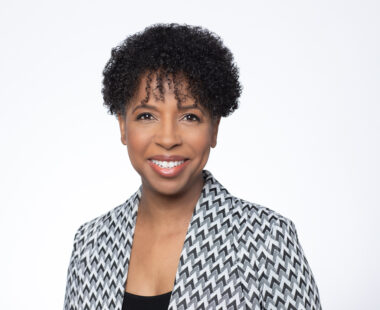- Overview
We offer a number of specific trainings as well as one-on-one training and coaching.
We tailor our trainings so each one addresses the types of challenges that specific individuals and groups face. Each training event brings participants together to problem solve, with the added benefit of helping departments and groups to bond. Our training is interactive, intelligent and nuanced. We do not talk down to people or offer simplistic solutions. Trainees leave with new information and, more importantly, new insights.
Evaluations from trainees are uniformly complimentary, with many saying it was the best training they ever attended. We can provide testimonials of our trainings upon request.
AB1825/Anti-Harassment Training
Harassment is a serious and ongoing problem in many workplaces. It comes in many forms. Sexual harassment central to all anti-harassment training, but so is racial harassment, gender, race, religion, age, sexual orientation and disability. Harassment can lead to legal issues for the employer but our main focus is how it can disrupt and even ruin a company culture.
California law mandates that companies with more than five employees provide anti-sexual harassment training to all employees (at least an hour) and to all supervisors for at least two hours, once every two years.
Our training will help your employees recognize and understand what harassment is, what they can do to prevent it and how to handle it if it happens. They will gain a better understanding of micro-aggressions and subtle harassment, as well as increased sensitivity to differences regarding boundaries at work.
This training meets the requirements for mandatory training for supervisors, managers and employees under Cal. Gov. Code §12950.1. It is offered in English and in Spanish.
Investigator Training
Many companies are large enough that having skilled investigators on staff makes sense. This may be in the form of a human resources professional who takes on internal investigations as part of their overall responsibilities. In the largest companies, there may be a person or team solely dedicated to this function.
We offer various levels of training for these individuals. Shorter trainings provide an overview of investigations. Longer, more intensive trainings teach the skills and information that those who handle complaints require. These trainings range from lecture and demonstration for large groups in half- or full-day formats up to a comprehensive, three-day program for small groups of up to 20 participants.
We customize our training content to cover your policies and procedures. Topics include understanding and reducing bias, planning, interviewing theory, the law, report writing and credibility analysis.
Our training will provide your employees with the skills and information they need to conduct internal investigations of EEO and other misconduct complaints. They will leave with a better understanding of the interview and report-writing process, bringing new and/or enhanced skills to their next investigation.
Conflict Management Training
Positive and healthy relationships between coworkers make a workplace more comfortable and also more productive. Fostering those positive relationships can be difficult due to widely diverse backgrounds, cultures, lived experiences and communication styles. These differences can lead to conflict.
Conflict management training covers common challenges that come up in workplace relationships, effective ways to communicate about difficult issues and effective techniques for resolving problems when they arise. Your employees will have an opportunity for an open discussion about workplace conflicts, effective communication, personal boundaries, respecting others’ boundaries and conflict resolution.
Our training is interactive and behavior-objective oriented to ensure that participants who complete the course are able to demonstrate the skills they learned. We will model positive communication and show examples of poor communication and how it can be remedied.
Mediation Training
We offer 24- and 40-hour mediator training, and we can train your employees to mediate disputes in the workplace. Our team covers the theory and practice of peer mediation, taking participants through a mock mediation.
Your employees will gain a greater understanding of the underlying reasons for conflict and how different types of communication impact conflict. We will teach them skills in active listening and reflecting back, as well as in identifying areas of dispute in which parties can agree and helping them articulate those agreements.
Implicit Bias Training
Implicit bias refers to attitudes or stereotypes that affect a person’s understanding, actions and decisions in an unconscious manner. This could mean someone preferring a certain race over another or making certain assumptions about someone because of their race.
We provide training on implicit bias and its impact at work, which we can tailor to your needs and lengthen to include discussion.
Diversity and Inclusion
Many employers and employees have a goal of diversity and inclusion but don’t know how to make that happen. Our training provides answers. We provide concrete information and also address cultural competence which is key in negotiating differences between individuals of diverse backgrounds and identities. This training also looks at the impact of our interactions on others at work and the organization.
Gender Identity
In the recent decision of Bostock v. Clayton County (2020), the United States Supreme Court held that Title VII of the Civil Rights Act of 1964 protects employees against discrimination based on their sexual orientation and gender identity. Our training on gender identity focuses on building cultural competencies regarding transgender and gender non-conforming inclusion. The topics include best practices, definitions, respectful terminology, access issues under California law, and how to be an ally in order to work towards building workplaces inclusive for transgender employees.










